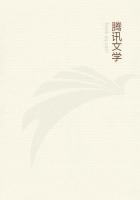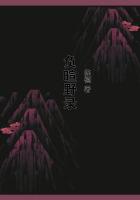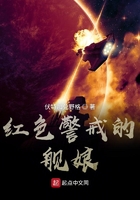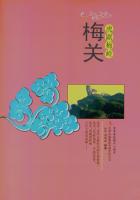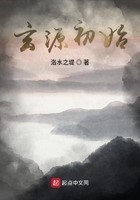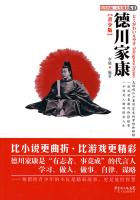Pope's argument was attacked with violence by M. de Crousaz, Professor of Philosophy and Mathematics in the University of Lausanne, and defended by Warburton, then chaplain to the Prince of Wales, in six letters published in 1739, and a seventh in 1740, for which Pope (who died in 1744) was deeply grateful. His offence in the eyes of de Crousaz was that he had left out of account all doctrines of orthodox theology. But if he had been orthodox of the orthodox, his argument obviously could have been directed only to the form of doubt it sought to overcome. And when his closing hymn was condemned as the freethinker's hymn, its censurers surely forgot that their arguments against it would equally apply to the Lord's Prayer, of which it is, in some degree, a paraphrase.
The first design of the Essay on Man arranged it into four books, each consisting of a distinct group of Epistles. The First Book, in four Epistles, was to treat of man in the abstract, and of his relation to the Universe. That is the whole work as we have it now. The Second Book was to treat of Man Intellectual; the Third Book, of Man Social, including ties to Church and State; the Fourth Book, of Man Moral, was to illustrate abstract truth by sketches of character. This part of the design is represented by the Moral Essays, of which four were written, to which was added, as a fifth, the Epistle to Addison which had been written much earlier, in 1715, and first published in 1720. The four Moral essays are two pairs. One pair is upon the Characters of Men and on the Characters of Women, which would have formed the opening of the subject of the Fourth Book of the Essay: the other pair shows character expressed through a right or a wrong use of Riches: in fact, Money and Morals. The four Epistles were published separately. The fourth (to the Earl of Burlington)was first published in 1731, its title then being "Of Taste;" the third (to Lord Bathurst) followed in 1732, the year of the publication of the first two Epistles on the "Essay on Man." In 1733, the year of publication of the Third Epistle of the "Essay on Man," Pope published his Moral Essay of the "Characters of Men." in 1734 followed the Fourth Epistle of the "Essay on Man;" and in 1735 the "Characters of Women," addressed to Martha Blount, the woman whom Pope loved, though he was withheld by a frail body from marriage. Thus the two works were, in fact, produced together, parts of one design.
Pope's Satires, which still deal with characters of men, followed immediately, some appearing in a folio in January, 1735. That part of the epistle to Arbuthnot forming the Prologue, which gives a character of Addison, as Atticus, had been sketched more than twelve years before, and earlier sketches of some smaller critics were introduced; but the beginning and the end, the parts in which Pope spoke of himself and of his father and mother, and his friend Dr. Arbuthnot, were written in 1733 and 1734. Then follows an imitation of the first Epistle of the Second Book of the Satires of Horace, concerning which Pope told a friend, "When I had a fever one winter in town that confined me to my room for five or six days, Lord Bolingbroke, who came to see me, happened to take up a Horace that lay on the table, and, turning it over, dropped on the first satire in the Second Book, which begins, 'Sunt, quibus in satira.' He observed how well that would suit my case if I were to imitate it in English. After he was gone, I read it over, translated it in a morning or two, and sent it to press in a week or a fortnight after" (February, 1733). "And this was the occasion of my imitating some others of the Satires and Epistles." The two dialogues finally used as the Epilogue to the Satires were first published in the year 1738, with the name of the year, "Seventeen Hundred and Thirty-eight." Samuel Johnson's "London," his first bid for recognition, appeared in the same week, and excited in Pope not admiration only, but some active endeavour to be useful to its author.
The reader of Pope, as of every author, is advised to begin by letting him say what he has to say, in his own manner to an open mind that seeks only to receive the impressions which the writer wishes to convey. First let the mind and spirit of the writer come into free, full contact with the mind and spirit of the reader, whose attitude at the first reading should be simply receptive. Such reading is the condition precedent to all true judgment of a writer's work. All criticism that is not so grounded spreads as fog over a poet's page. Read, reader, for yourself, without once pausing to remember what you have been told to think. H.M.
POPE'S POEMS.
AN ESSAY ON MAN.
TO H. ST. JOHN LORD BOLINGBROKE.
THE DESIGN.
Having proposed to write some pieces of Human Life and Manners, such as (to use my Lord Bacon's expression) come home to Men's Business and Bosoms, I thought it more satisfactory to begin with considering Man in the abstract, his Nature and his State; since, to prove any moral duty, to enforce any moral precept, or to examine the perfection or imperfection of any creature whatsoever, it is necessary first to know what condition and relation it is placed in, and what is the proper end and purpose of its being.

